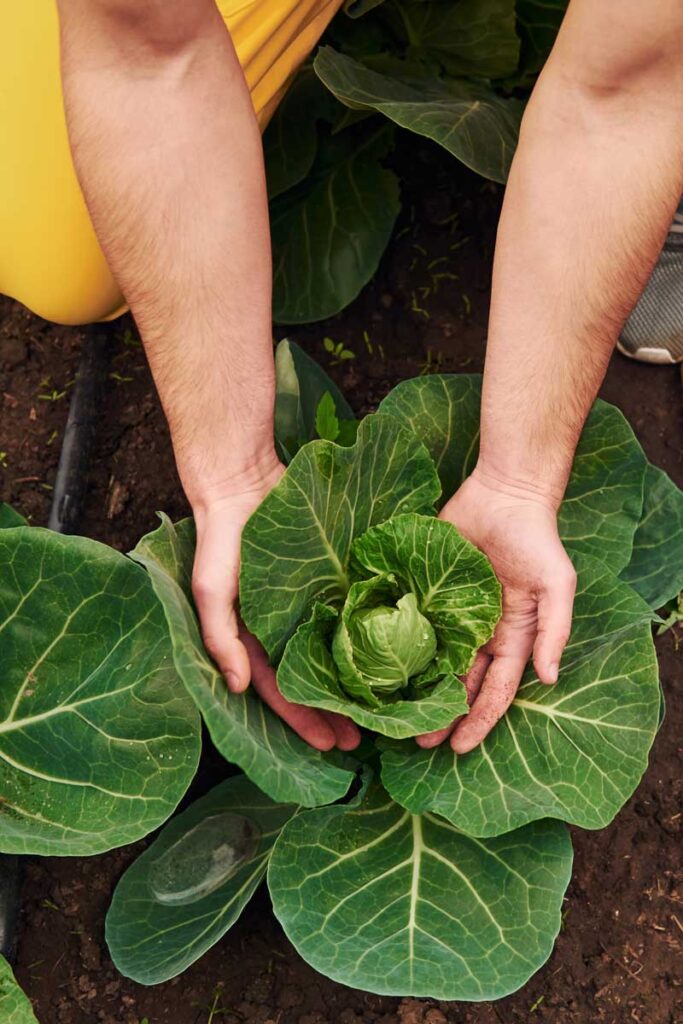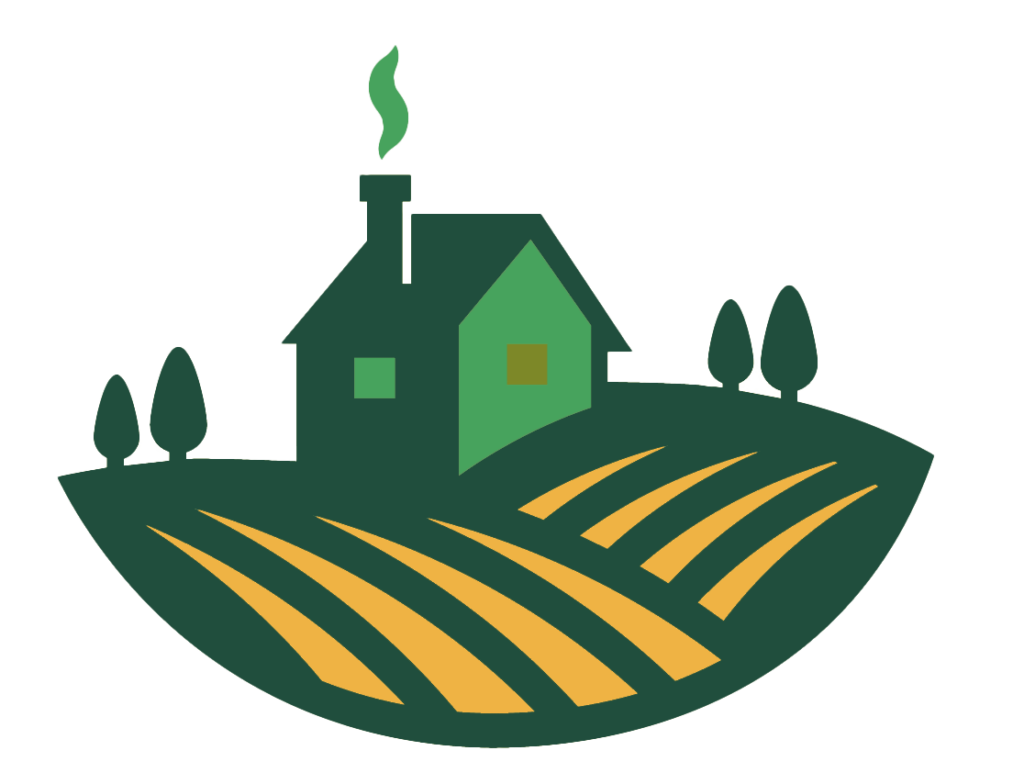As the world continues to face the challenges of climate change and a growing population, the importance of sustainable agriculture becomes more and more evident. Organic farming, in particular, provides a way to grow crops and raise animals while minimizing harm to the environment and promoting biodiversity. But as the organic farming movement grows, it is important to consider the role of the next generation of farmers in sustaining and expanding this important practice.
The farmer generation for the future must be prepared to take on the challenges of sustainable agriculture in the 21st century. This means being knowledgeable about the latest organic farming techniques, as well as having the skills and passion to put those techniques into practice. It also means being able to adapt to changing conditions and finding creative solutions to problems as they arise.
One of the keys to success for the next generation of organic farmers will be education. There are many programs and resources available for those interested in learning more about sustainable agriculture, from community college courses to online webinars and workshops. By taking advantage of these opportunities, aspiring farmers can gain the knowledge they need to succeed in this exciting field.
Another important factor in building a successful future for organic farming is community. By connecting with other farmers, local organizations, and consumers who are passionate about organic food and sustainable agriculture, farmers can build a support network that will help them succeed. This can include joining a local organic farming association, attending farmers markets and other events, and participating in online forums and social media groups.
But perhaps the most important quality that the farmer generation for the future will need is a deep commitment to sustainability and environmental stewardship. This means not only following organic farming practices, but also continually looking for ways to reduce waste, conserve resources, and promote biodiversity on their farms. It means being willing to take risks and experiment with new techniques, and being willing to share their successes and failures with others.
In conclusion, the future of organic farming depends on the dedication, knowledge, and passion of the next generation of farmers. By continuing to educate themselves, connect with others in the organic farming community, and commit to sustainability and environmental stewardship, these farmers will help to build a brighter future for all of us.


